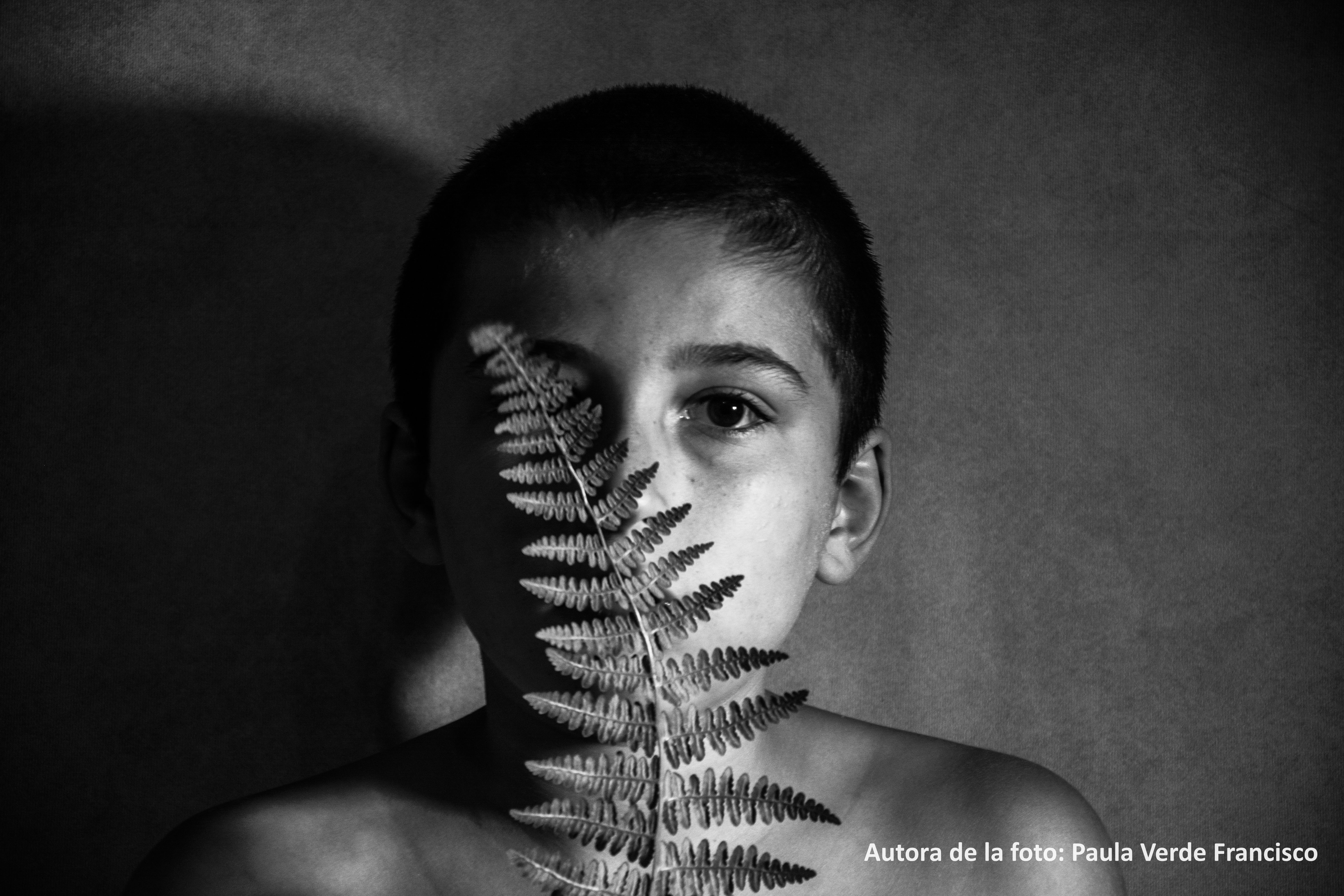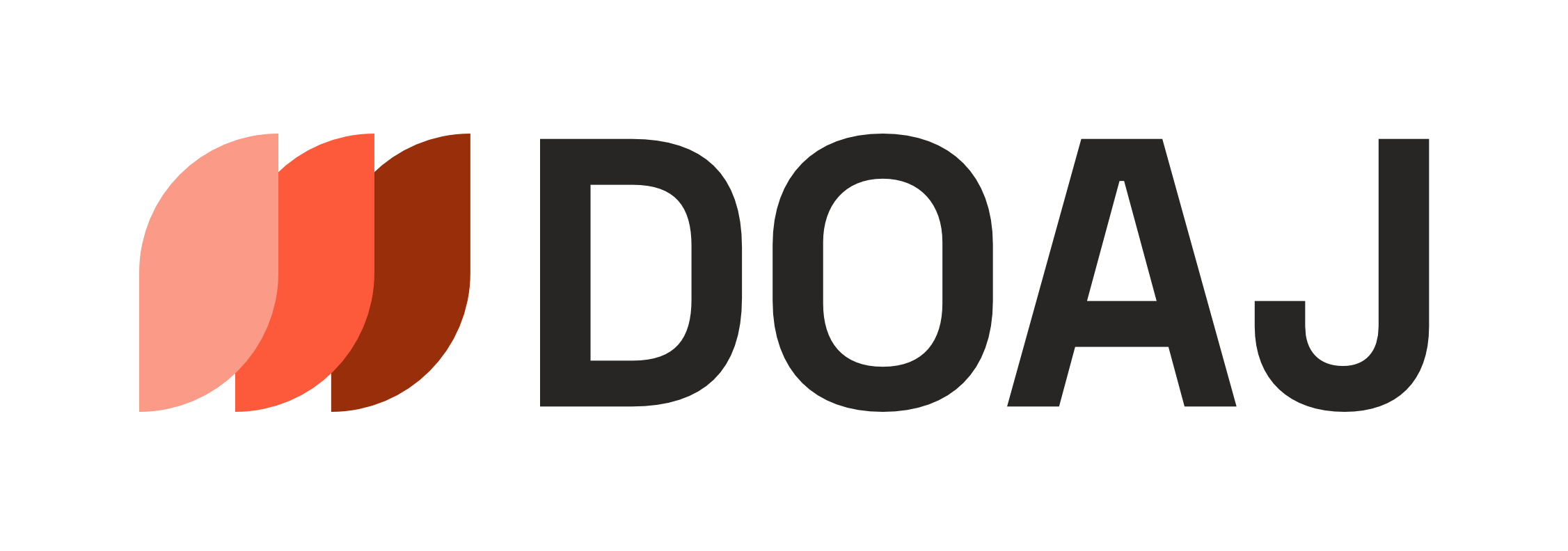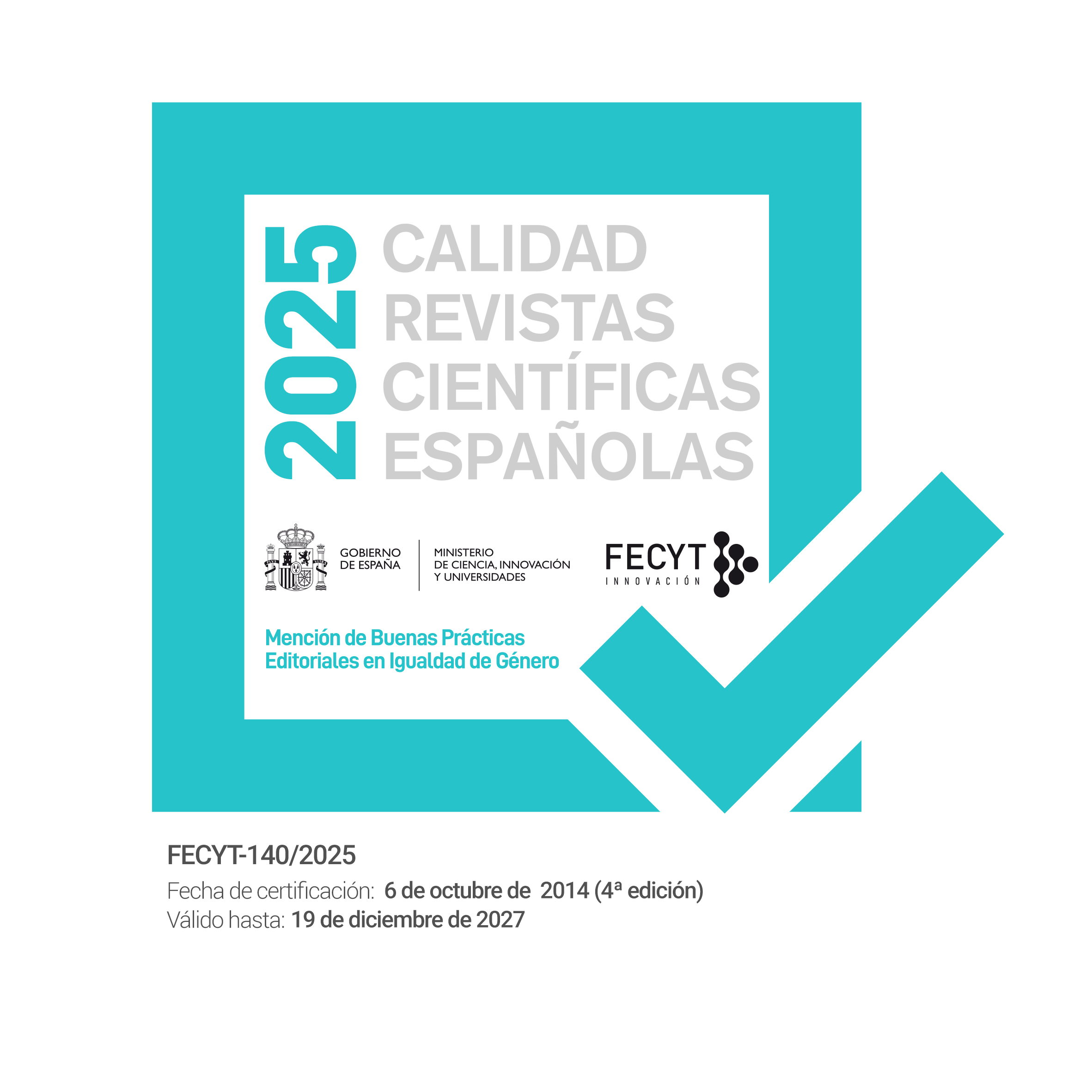Disability, stigma and suffering in schools. Emerging narratives for the right to inclusive education
DOI:
https://doi.org/10.5944/educxx1.36753Keywords:
inclusive education, special education, right to education, educational discrimination, disability discrimination, access to educationAbstract
Based on the Social Model of Disability, this article seeks to highlight the processes of stigmatisation, discrimination and suffering that take place in schools, while also examining the processes of socialisation and education that students, families, professionals and activists encounter within the school setting. Furthermore, it addresses the absence of educational responses to diversity and the social and professional demands required from an inclusive perspective. To this end, narrative research is used to analyse the social and educational experiences of six individuals’ life histories and thirteen life stories of students, families, professionals, and activists, categorised into three groups: the labelling process and its consequences; the response of students, families and professionals; and the effects of discrimination on the person and his or her environment. The results show the challenges they face in finding the support necessary to engage in activism and empowerment processes with the goal of creating an inclusive educational environment that does not segregate students with disabilities in special education settings, but rather takes them into account in all pedagogical decision-making processes. The paper shows the need to place the voice of students and families at the very heart of the inclusive discourse; to recognise them as activists with the capacity to show, from their narrated experiences, the need to challenge the labeling process; and to play a leading role in research committed to educational and social change, thereby enabling new life maps while promoting a social movement for the right to education.
Downloads
References
Abberley, P. (1987). The concept of oppression and the development of a social theory of disability. Disability, Handicap & Society, 2(1), 5-19. https://doi.org/10.1080/02674648766780021
Ainscow, M., Dyson, A. & Weiner, S. (2013). From exclusion to inclusion: a review of international literature on ways of responding to students with special educational needs in schools. CfBT.
Atkinson, P. & Coffey, A. (2003). Encontrar el sentido a los datos cualitativos. Estrategias complementarias de investigación. Editorial Universidad de Antioquía.
Barton, L. (1998). Discapacidad y sociedad. Morata.
Bertaux, D. (Ed.)(1981). Biography and Society. The Life-History Approach. Sage.
Bolívar, A. (2014). Las historias de vida del profesorado: voces y contextos. Revista Mexicana de Investigación Educativa, 19(62), 711-734
Bonal, X. & González, S. (2021). Educación formal e informal en confinamiento: una creciente desigualdad de oportunidades de aprendizaje. Revista de Sociología de la Educación, 14(1), 44-62. http://dx.doi.org/10.7203/RASE.14.1.18177
Calderón, I. (2018). Deprived of human rights. Disability & Society, 33(10), 1666-1671. https://doi.org/10.1080/09687599.2018.1529260
Calderón, I. & Rascón, T. (2022). Hilando luchas por el derecho a la educación: narrativas colectivas y personales para la inclusión desde el modelo social de la discapacidad. Pedagogía Social. Revista Interuniversitaria, 41, 43-54. https://doi.org/10.7179/PSRI_2022.41.03
Calderón, I., Moreno, J. & Vila, E. (2022). Education, power, and segregation. The psychoeducational report as an obstacle to inclusive education. International Journal of Inclusive Education, 1-14. https://doi.org/10.1080/13603116.2022.2108512
Calderón, I. & Habegger, S. (2012). Educación, hándicap e inclusión. Una lucha familiar contra una escuela excluyente. Octaedro.
Calderón, I. & Ruiz, C. (2015). Education as liberation from oppression: personal and social constructions of Disability. En F. Kiuppis & R. Sarromaa Hausstätter (Eds.), Inclusive education twenty years after Salamanca (pp. 251-260). Peter Lang.
Clandinin, D. L. & Conelly, F. M. (2000). Narrative inquiry: experience and story in qualitative research. Jossey-Bass.
Comité Español de Representantes de Personas con Discapacidad. (2010). Derechos Humanos y discapacidad. Informe España 2009. Cinca.
Cortina, A. (2021). ¿Para qué sirve realmente la ética? Planeta.
Echeita Sarrionandia, G., Verdugo Alonso, M. Á., Sandoval Mena, M., Calvo, I., Simón Rueda, C., López, M., & González Gil, F. (2009). Paradojas y dilemas en el proceso de inclusión educativa en España. Revista de Educación, 349, 153-178.
Echeita Sarrionandia, G. (2017). Educación inclusiva. Sonrisas y lágrimas. Aula Abierta, 46(2), 17-24. https://doi.org/10.17811/rifie.46.2.2017.17-24
Hehir, T., Grindal, T., Freeman, B., Lamoreau, R., Borquaye, Y., & Burke, S. (2016). A summary of the evidence on inclusive education. Harvard Graduate School of Education.
Justice, L. M., Logan, J. A. R., Lin, T., & Kaderavek, J. N. (2014). Peer effects in early childhood education: testing the assumptions of special-education inclusion. Association for Psychologycal Science, 25(9) https://doi.org/10.1177/0956797614538978
López, G. & Carmona, C. (2018). La inclusión socio-educativa de niños y jóvenes con diversidad funcional: perspectiva de las familias. Revista de Educación Inclusiva, 11(2), 83-98.
Meirieu, P. (2022). El futuro de la pedagogía. Teoría de la Educación. Revista Interuniversitaria, 34(1), 69-81. https://doi.org/10.14201/teri.27128
Messiou, K., Then Bui, L., Ainscow, M., Gasteiger-Klicpera, B., Bešić, E., Paleczek, L., Hedegaard-Sørensen, L., Ulvseth, H., Vitorino, T., Santos J., Simon, C., Sandoval, M., & Echeita, G. (2022). Student diversity and student voice conceptualisations in five European countries: implications for including all students in schools. European Educational Research Journal, 21(2), 355–376. https://doi.org/10.1177/1474904120953241
Moreno, R. & Vila, E. S. (2022). Identidad narrativa en la relación educativa: promesa, solicitud y don. Teoría de la Educación. Revista Interuniversitaria, 34(1), 125-138. https://doi.org/10.14201/teri.26397
Moriña, A. (2010). Vulnerables al silencio. Historias escolares de jóvenes con discapacidad. Revista de Educación, 353, 667-690.
Organización de las Naciones Unidas. (2017). Informe de la investigación relacionada con España bajo el artículo 6 del Protocolo Facultativo. https://tinyurl.com/ybz75jpf
Organización de las Naciones Unidas para la Educación, la Ciencia y la Cultura. (2020). Global education monitoring report 2020: inclusion and education: all means all. UNESCO. https://bit.ly/402ZfK1
Parrilla, Á. (2009). ¿Y si la investigación sobre inclusión no fuera inclusiva? Reflexiones desde una investigación biográfico-narrativa. Revista de Educación, 349, 101-117.
Pujadas, J. J. (2002). El método biográfico: el uso de las historias de vida en ciencias sociales. CIS.
Saur, E. & Sidorkin, A. (2018). Disability, dialogue, and the posthuman. Studies in Philosophy and Education, 37(6), 567-578. https://doi.org/10.1007/s11217-018-9616-5
Skliar, C. (2007). La educación (que es) del otro. Noveduc.
Stainback, S. & Stainback, W. (2007). Aulas inclusivas. Un nuevo modo de enfocar y vivir el currículo. Narcea.
White, M. & Epston, D. (1993). Medios narrativos para fines terapéuticos. Paidós.

Downloads
Published
How to Cite
Issue
Section
License
Copyright (c) 2023 Eduardo S. Vila-Merino, Teresa Rascón-Gómez, Ignacio Calderón-Almendros

This work is licensed under a Creative Commons Attribution-NonCommercial 4.0 International License.
Educación XX1 is published under a Creative Commons Attribution-NonCommercial 4.0 (CC BY-NC 4.0)










